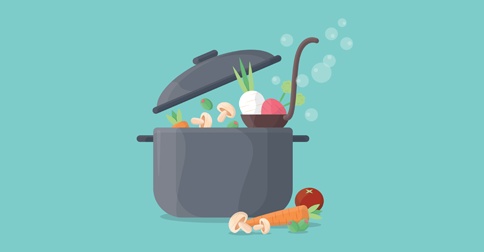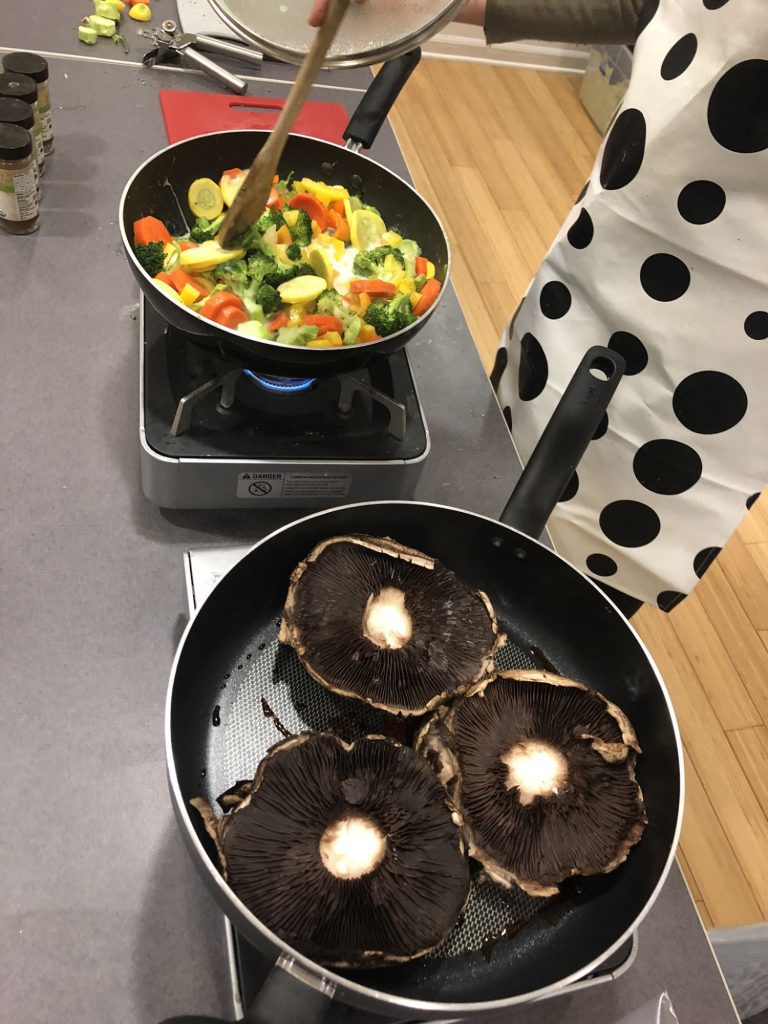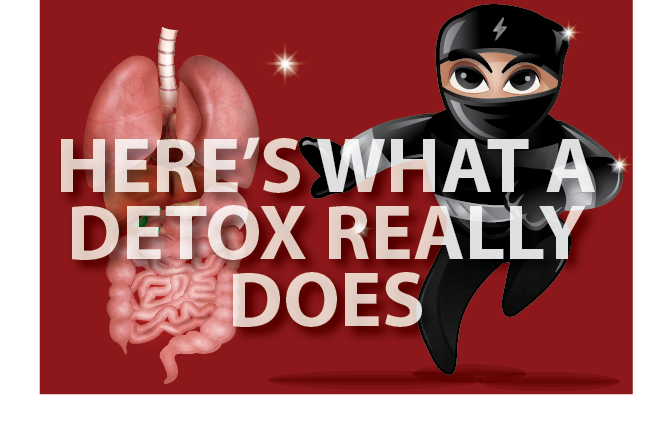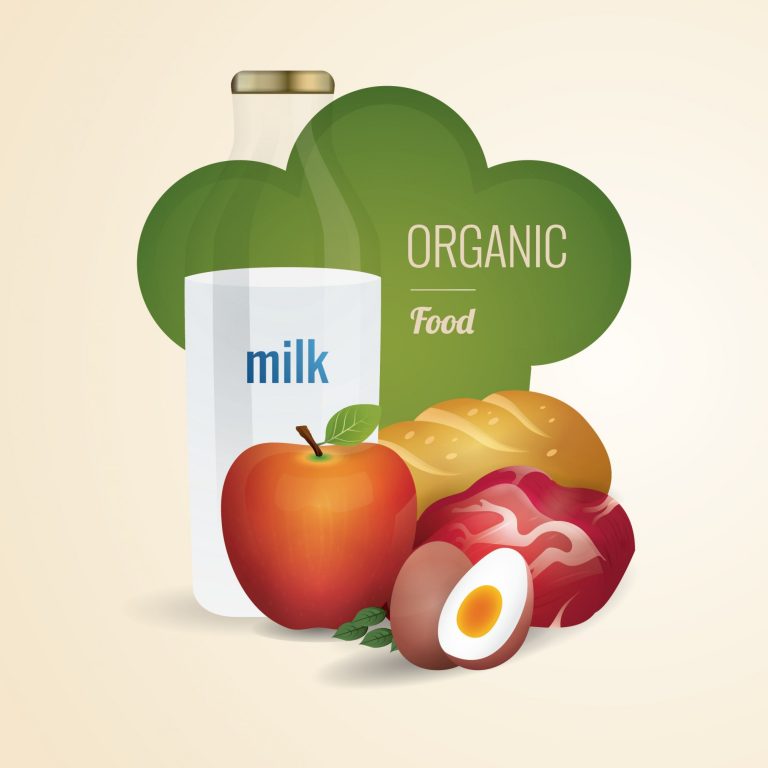Why You Should Eat Plants
By Nicole Martin
September 19, 2016

Why should you eat plants?
Seems like kind of a dumb question, right? Our moms all told us to eat our vegetables, so it’s wired inside us to know that they are good for us.
Just knowing, though, doesn’t seem to be enough.
Without even including meat—in any form—into the equation, the American diet is at least 60% processed food.
That is a big number.
Here’s an excerpt from an article from Time:
In a study published in the journal BMJ Open, scientists led by Carlos Monteiro at University of Sao Paolo found that nearly 60% of an American’s daily calories come from “ultraprocessed” food, which Monteiro and his colleagues defined as food that contains ingredients such as flavors, colors, sweeteners and hydrogenated oils, emulsifiers and other additives that you wouldn’t cook with at home.
“Ultraprocessed” is now apparently a word.
And what’s interesting about all the things added into processed food is that, by definition, those things are even food!
Food is simply this: Anything that is consumed that repairs tissue and sustains growth. Yellow #5 does neither of those things. Artificial sweeteners DEFINITELY don’t do either of those things.
Which means that at least 60% of what we’re eating ISN’T EVEN FOOD.
The kid back in kindergarten eating horse glue in the back of the room was probably getting more sustenance from his snack than most of us are today.
So, if we aren’t eating food, what should we be eating?
The answer? Plants.
There are a lot of reasons why we should be eating plants. But life is short. So here are the two most important ones:
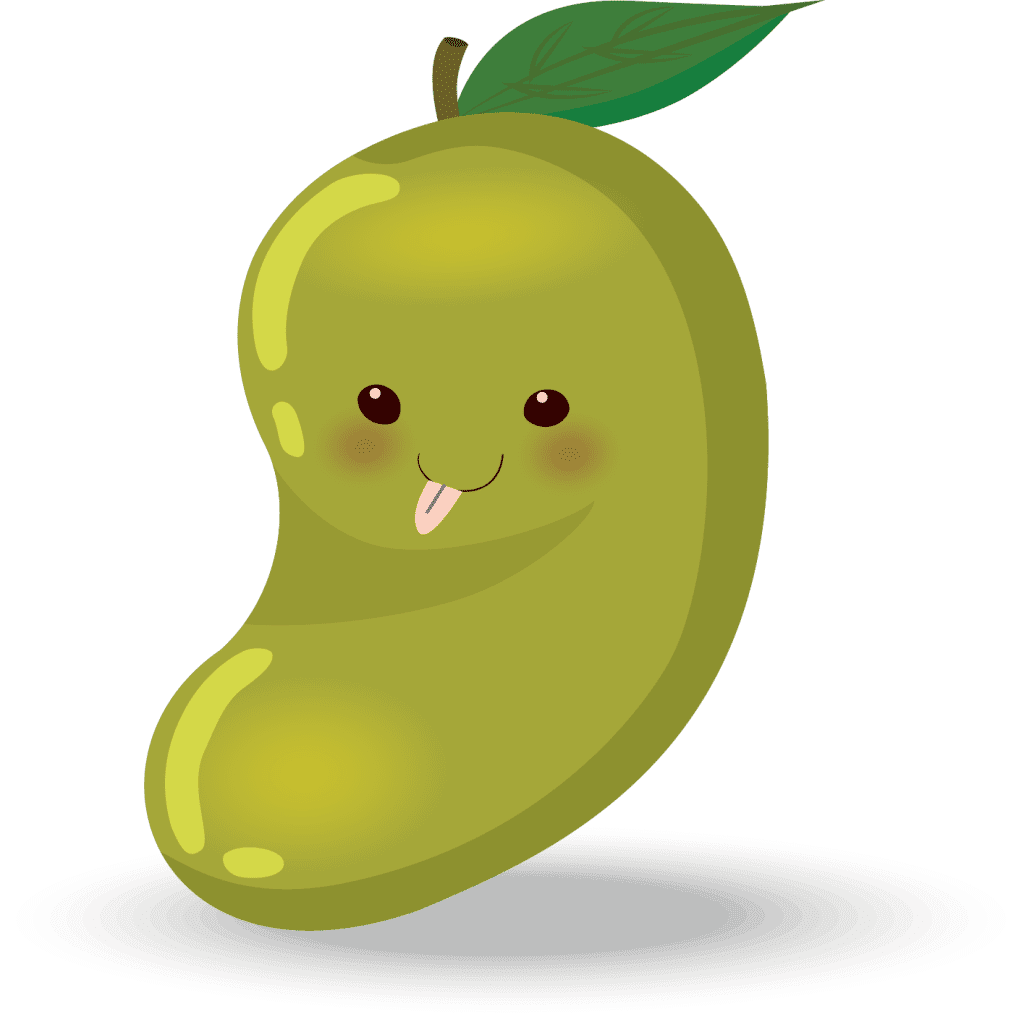
They Taste Good.
I have a theory. I’m not entirely sure that most Americans have ever eaten a GOOD salad. Most of the time, a “salad” for an American is a bowl of (artificial) Bacon Bits suspended in blue cheese dressing with a couple iceberg lettuce leaves floating on top, served at one of those steak houses with soggy peanut shells constantly underfoot.
That is not a salad.
And even if you go to the grocery store—and I’m looking at you too, Whole Foods—the vegetables there aren’t nearly as tasty as the ones from a farmers’ market, or ones you grow yourself.
I don’t think people know how good GOOD vegetables taste. And it’s not their fault… they CAN’T TASTE them because of all the processed food they are consuming.
This is not just a theory.
Good vegetables are delicious. And because our highly-processed diets have masked—or tainted—our actual sense of taste, a lot of people are missing out.
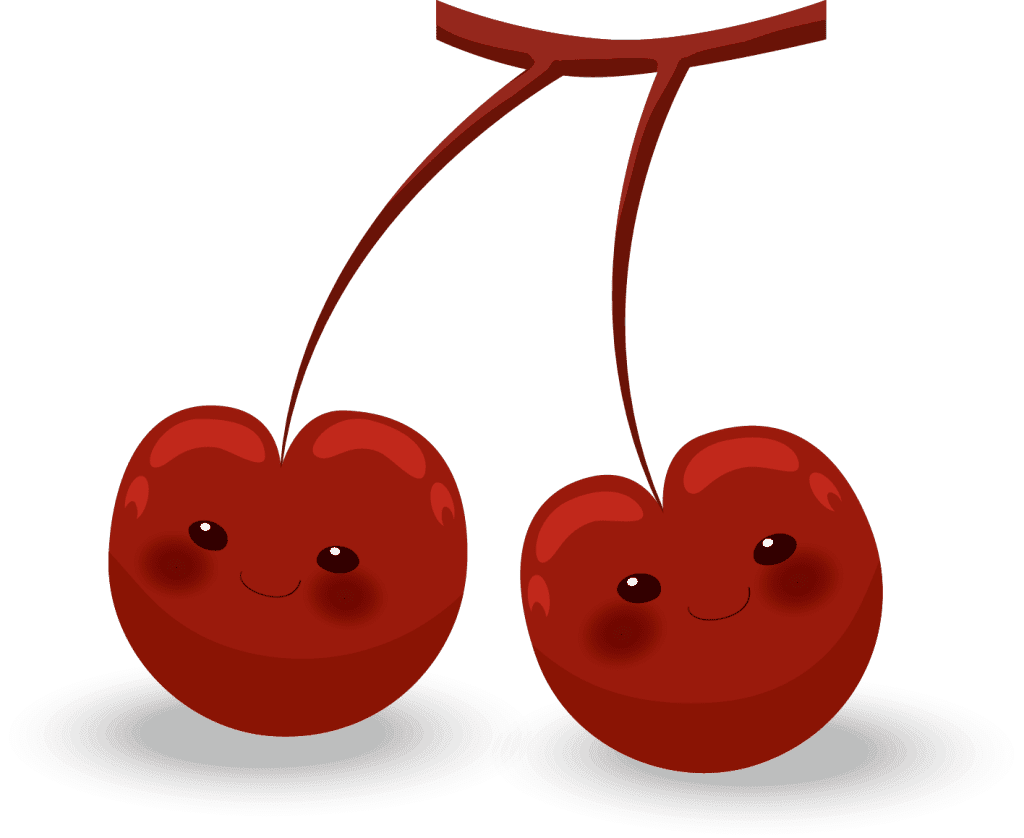
They’re Good for You.
Just like mom said. She wasn’t lying.
The question is, however: Why?
Obviously, you know that vegetables contain vitamins, nutrients, fiber, protein, lipids, and tons of other stuff your body needs to keep being a body (as opposed to a corpse.)
But let’s take a more mathematical approach to this question.
Let’s talk about micronutrients.
Or, more specifically, let’s talk about nutrient density.
But first, let’s take a step back.
Let’s begin at the very beginning.
Why should you eat?
Answer: Because you’re hungry, right?
Well, then, why are you hungry?
Answer: Because your body needs nutrients and a host of other things to operate at even a minimal level, and hunger is just the word for the signal your body sends you when that nutritional deficit is getting too deep.
Which means that we eat to put nutrients and other good stuff back in our body. And when we have enough nutrients in there, our body tells us that by sending us a signal that we’re full.
This is why you can eat sugar or fat almost endlessly. Processed foods don’t contain enough nutrients, and so the body doesn’t send the “Cut it out!” signal.
So, the way we teach our Wellness Training Institute members to eat is to think about nutrient density. The more nutrients you can get per square inch of food you consume is important, because you can then eat less and actually get more nutrition into your body. And plants are very high in what are called micronutrients. There are a lot of them in a very small amount of food, so you get tons of bang for your buck.
When you think about food in this way, it changes your whole outlook on nutrition. And when you put it into practice, it will change your whole life!
So what nutritional changes are you looking to make in your health journey? What are your struggles? Comment and share below!

